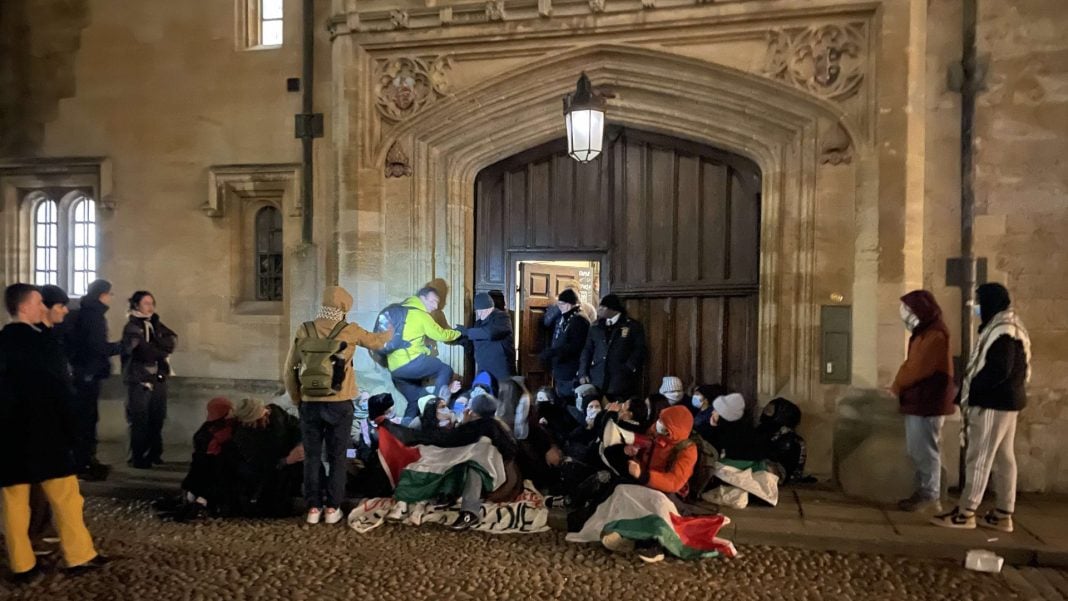The government has recently announced the bringing into force of the Higher Education Freedom of Speech Act (HEFSA), after the act’s introduction was suspended by the Labour government in July 2024. The revised legislation has removed provisions allowing individuals to sue universities directly and has exempted student unions from the duty to uphold and promote freedom of speech and academic expression.
The Freedom of Speech Act grants the Higher Education regulator, the Office for Students (OfS), the power to investigate breaches of free speech and issue fines for non–compliance. Under the act, universities must also publish and uphold a code of practice for promoting free speech on campus.
Oxford University’s published code of practice on free speech, developed in response to HEFSA in 2024, states that the legislation “does not change the university’s pre-existing position that freedom of speech and academic freedom are central tenets of university life.” It also specifies that commitment to free speech exists with “appropriate regulations on the time, place, and manner of events”.
In response to the reintroduction of the legislation, an Oxford University spokesperson told Cherwell that the code of practice “will be reviewed and updated as appropriate in light of further information from the Government about planned changes to the legislation.”
Student protests and demonstrations are also subject to regulations as outlined in the code. Oxford Action for Palestine (OA4P), has criticised the code, telling Cherwell that it “does not trust the University of Oxford or the OfS to dutifully protect the right to student protest.”
Brasenose College’s last minute announcement of a talk by former Israeli government spokesperson Eylon Levy, sparked a protest of students who blocked the entrance of the college. Under HEFSA, such speakers would gain stronger legal protection against being “no-platformed,” and the University would be obligated to uphold their right to share their views, regardless of how contentious they may be.
HEFSA has divided opinion within Oxford’s academic community. Among its supporters are over 60 Oxford academics, part of a larger group of over 500 signatories to an open letter urging the government to reinstate the legislation. The letter denies that the act would threaten the safety of minority groups and emphasises its importance in safeguarding intellectual diversity.
Opponents of the act warn that it may shield hate speech under the guise of free expression, with antisemitism being raised as a key concern, as some claim the act could open the door for Holocaust deniers in universities. The government insists that the revisions made to the act protect minority groups and the Union of Jewish Students has welcomed them.
In response to the proposed legislation, one student told Cherwell: “I think there’s been a change in attitudes at universities recently in favour of more free debate, so it’s a tentative step in the right direction.”


